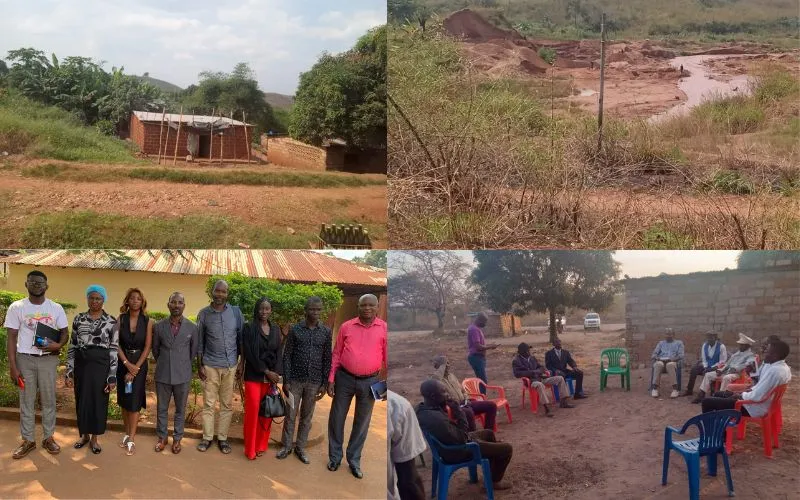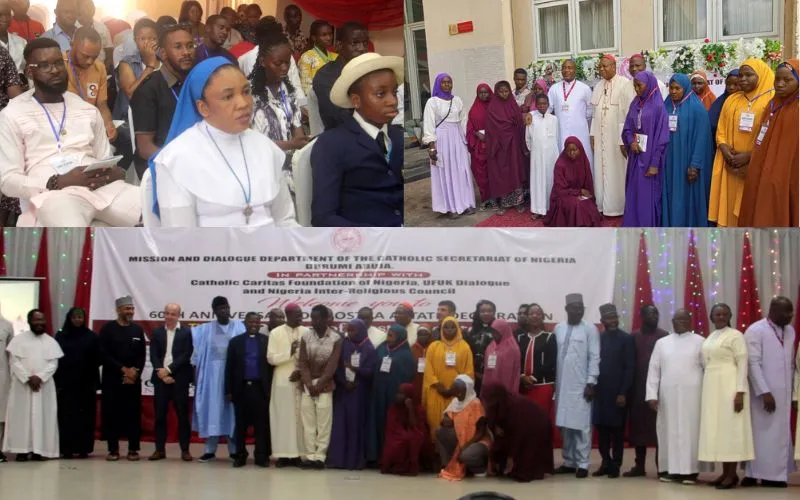Luanda, 06 June, 2025 / 8:20 pm (ACI Africa).
Immediate measures need to be undertaken to prevent an environmental catastrophe in Angola, Africa, and the world, the head of the Environmental Department of the Justice and Peace Commission (CJP) of the Catholic Bishops' Conference of Angola and São Tomé and Príncipe (CEAST) has said.
In an interview with ACI Africa on Thursday, June 5, the annual World Environment Day, Cornélio Sitongua Bento expressed concern about the rise in greenhouse gas emissions, largely driven by the burning of fossil fuels, deforestation, and unsustainable agricultural practices.
“Angola, Africa, and the world need immediate and coordinated action to avoid irreversible damage to the environment and avert a global environmental disaster,” Mr. Bento said.
He warned that “the lack of effective emission reduction policies and the low level of public awareness about climate change impacts make the situation even more alarming.”
The CJP official noted that climate change is already severely affecting Angola, just like other African countries. He warned that if people continue exploiting natural resources without adequate environmental management plans, the consequences could be devastating.





